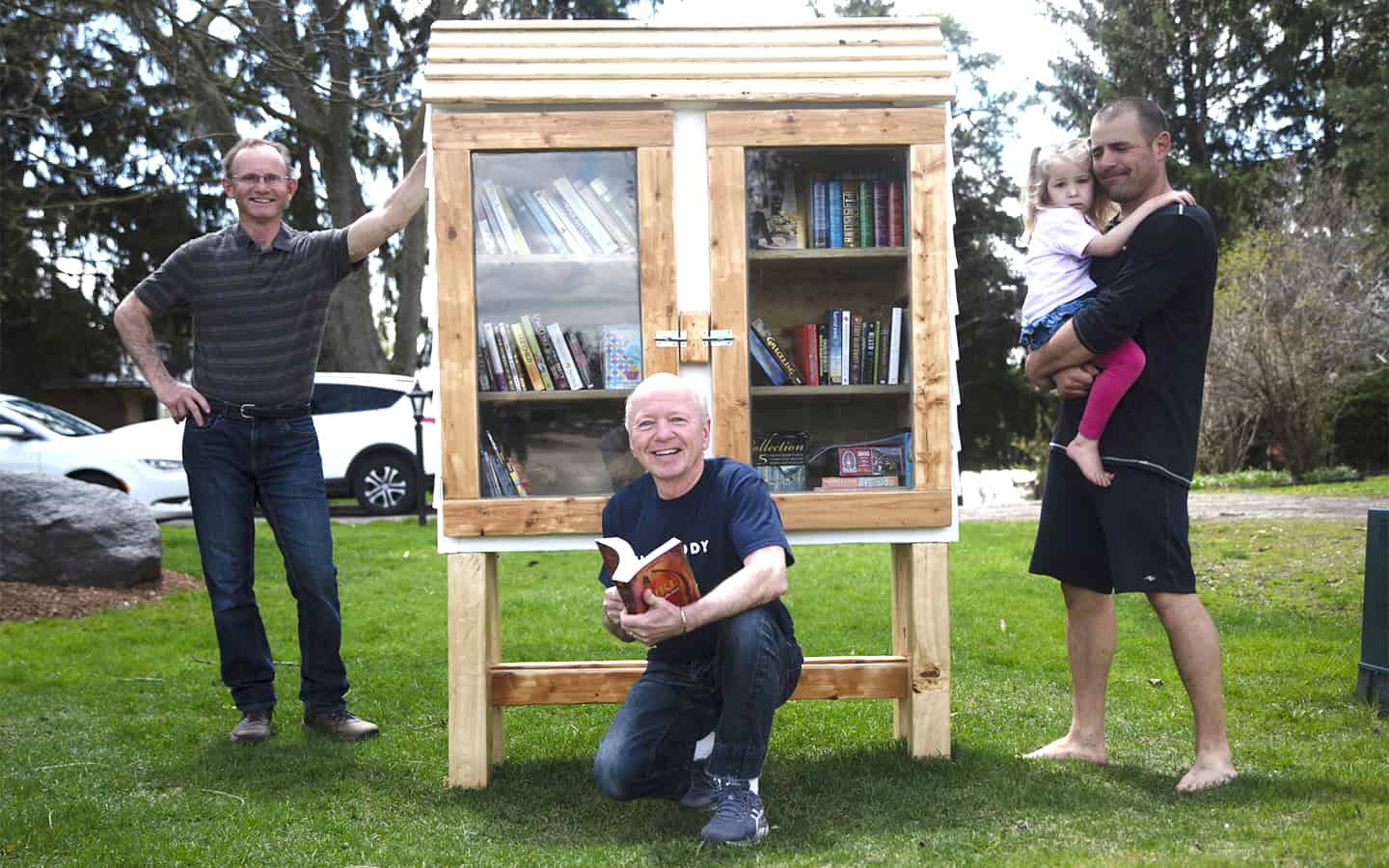The spread of COVID-19 has slowed in Waterloo Region, with the daily number of new cases at the lowest levels since the early days of the pandemic, but officials stress precautions and health protocols remain essential.
By Friday, there had been just 17 new cases since Public Health’s last video briefing on May 19. There have been no fatalities in the past couple of days, the total remains 112. The number of coronavirus cases is now 1,066, of which 697 (65 per cent) have been resolved.
Based on 14,707 tests conducted in the region, the 1,066 cases represents a positive rate of 7.2 per cent. That’s about 50 per cent higher than in neighbouring Wellington-Dufferin-Guelph, where about five per cent of the 7,028 tests have been positive.
Although the number of tests in the region has increased, the number remains low in comparison to the enhanced testing called for by Premier Doug Ford.
Outbreaks in settings such as long-term care and retirement homes remain the largest source of positive cases of COVID-19, about 58 per cent as opposed to 42 per cent from the general community. Institutional cases account for about 82 per cent of fatalities.
Some 21 per cent of the cases in the region have afflicted those over the age of 80, with another eight per cent from among those in their 70s.
In the region, there are currently 13 retirement homes and long-term care facilities in an active outbreak, a list that includes Village Manor Retirement Home in St. Jacobs. Ordered by the Retirement Homes Regulatory Authority (RHRA) to close its doors by June 1, the facility now has one resident that has tested positive for the virus.
“We are working closely with health system partners as well as the retirement home regulatory authority [concerning] Village Manor. They have some orders from RHRA,” said Dr.Hsiu-Li Wang, the region’s acting medical officer of health, at Friday’s briefing.
Though the number of cases is in decline, health officials at all levels of government continue to urge the public to follow established precautions, including social distancing, hand-washing and the use of masks where physical distancing may be a challenge, including elevators, taxis and shops.
Wang suggested the use of cloth masks that fit snuggly and do not impair vision, noting masks aren’t appropriate for everyone, including children under the age of two and people who have difficulty breathing or requiring respiratory equipment.
“If we all wore face masks, we’d all be protecting each other – I’d protect you, and you’d protect me,” said regional Chair Karen Redman, adding that part of our new normal will help us “beat this.”
Figures released Friday by Wellington-Dufferin-Guelph Public Health show 361 confirmed cases of COVID-19, an increase of six from the previous day. There have been 33 fatalities, unchanged since Wednesday. Some 214 cases have been resolved, with eight patients in hospital, three in intensive care.
The Ministry of Health reports 24,628 cases of the novel coronavirus in Ontario, an increase of 1.8 per cent over the previous day. There have been 2,021 deaths attributed to the virus, representing a mortality rate of 8.2 per cent. The ministry reports 18,767 cases (76.2 per cent) have been resolved.
The latest numbers from Health Canada show 81,754 confirmed cases of COVID-19 nationwide, with 6,180 related deaths, a mortality rate of 7.6 per cent. Some 1,394,184 Canadians have been tested for the virus.









